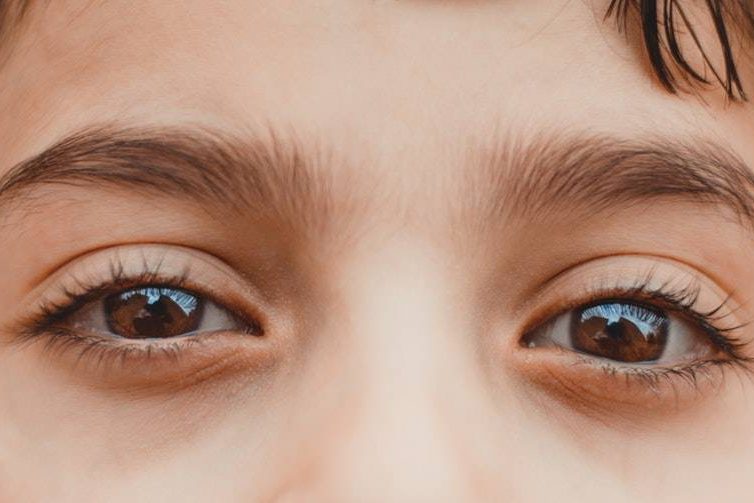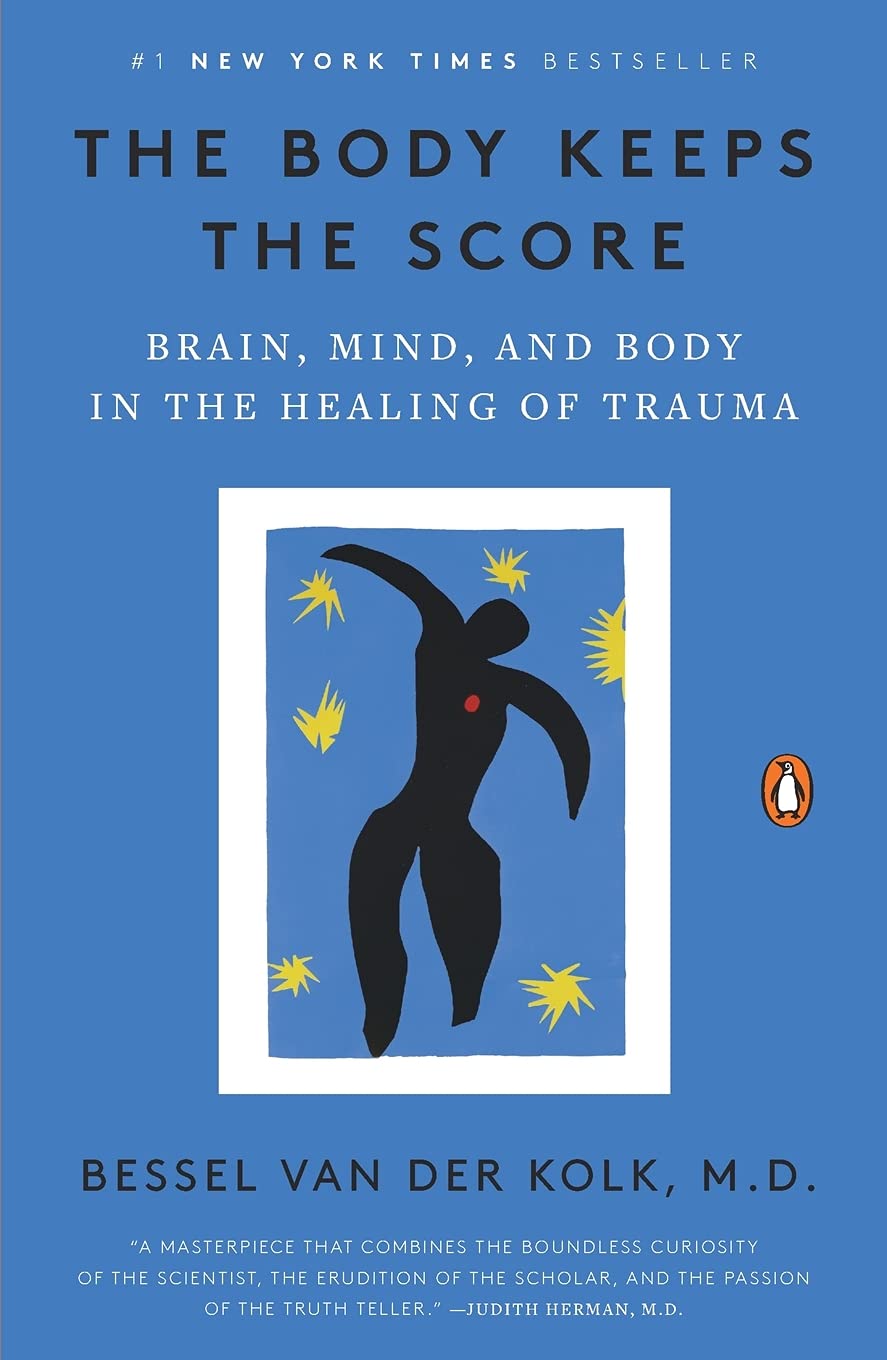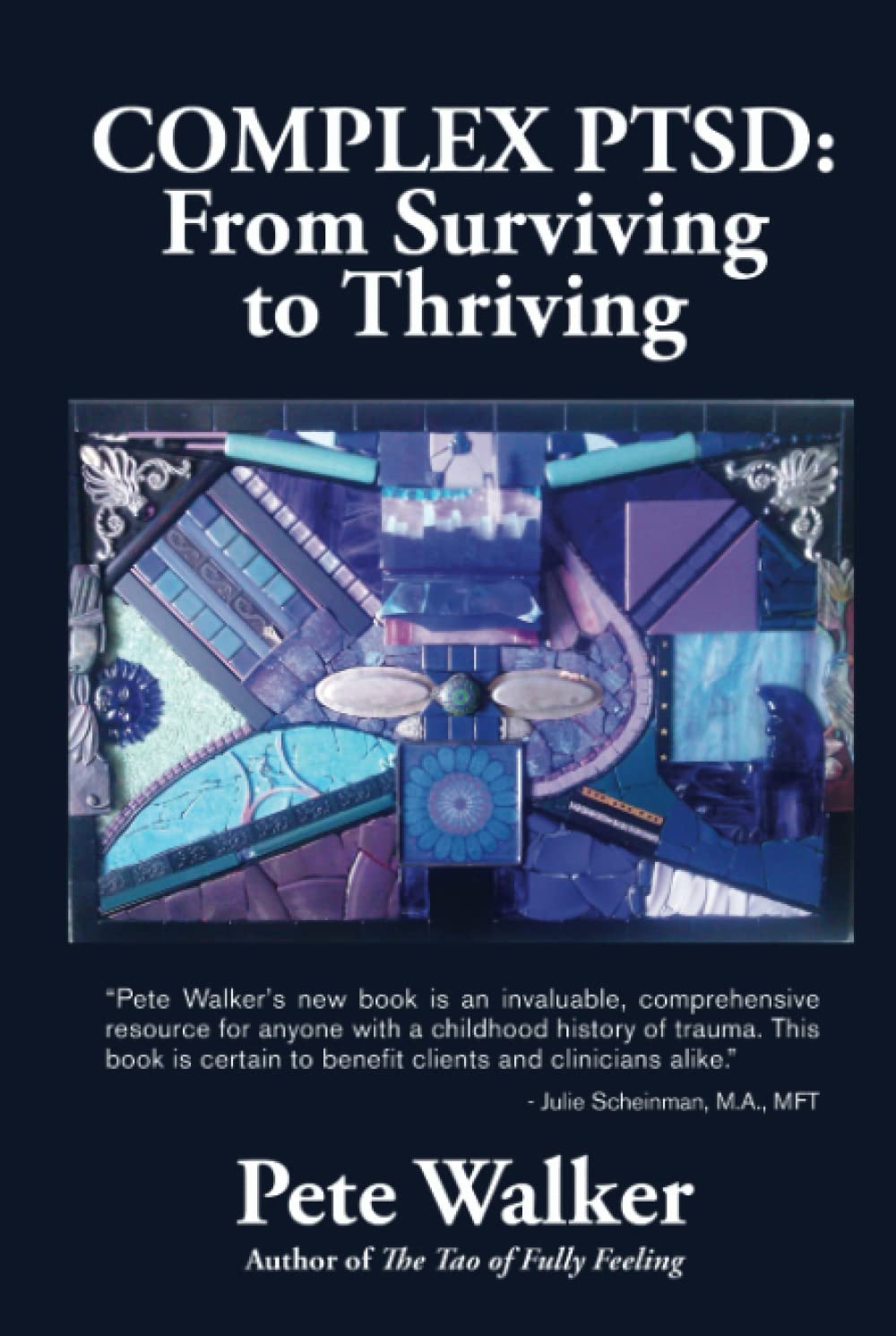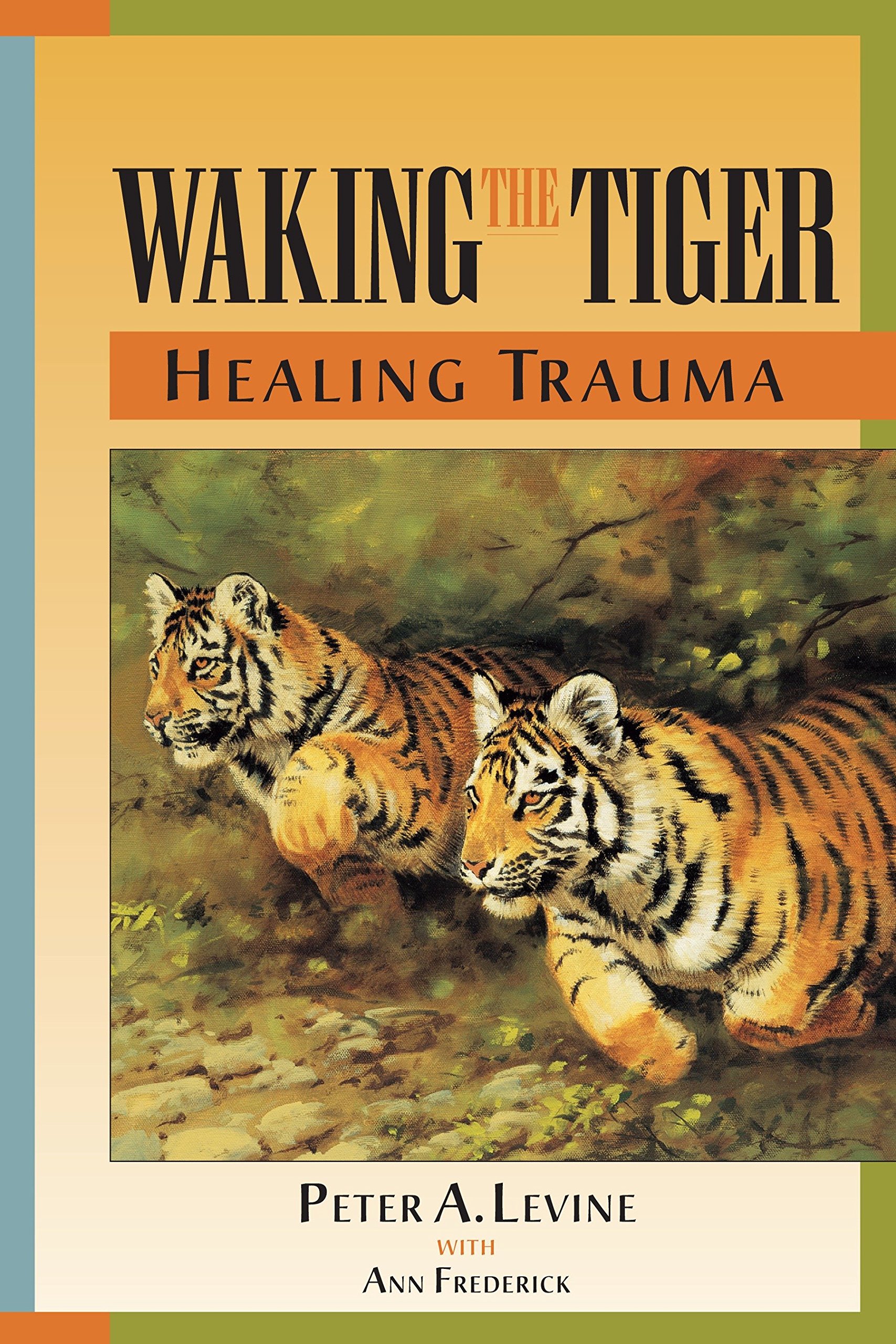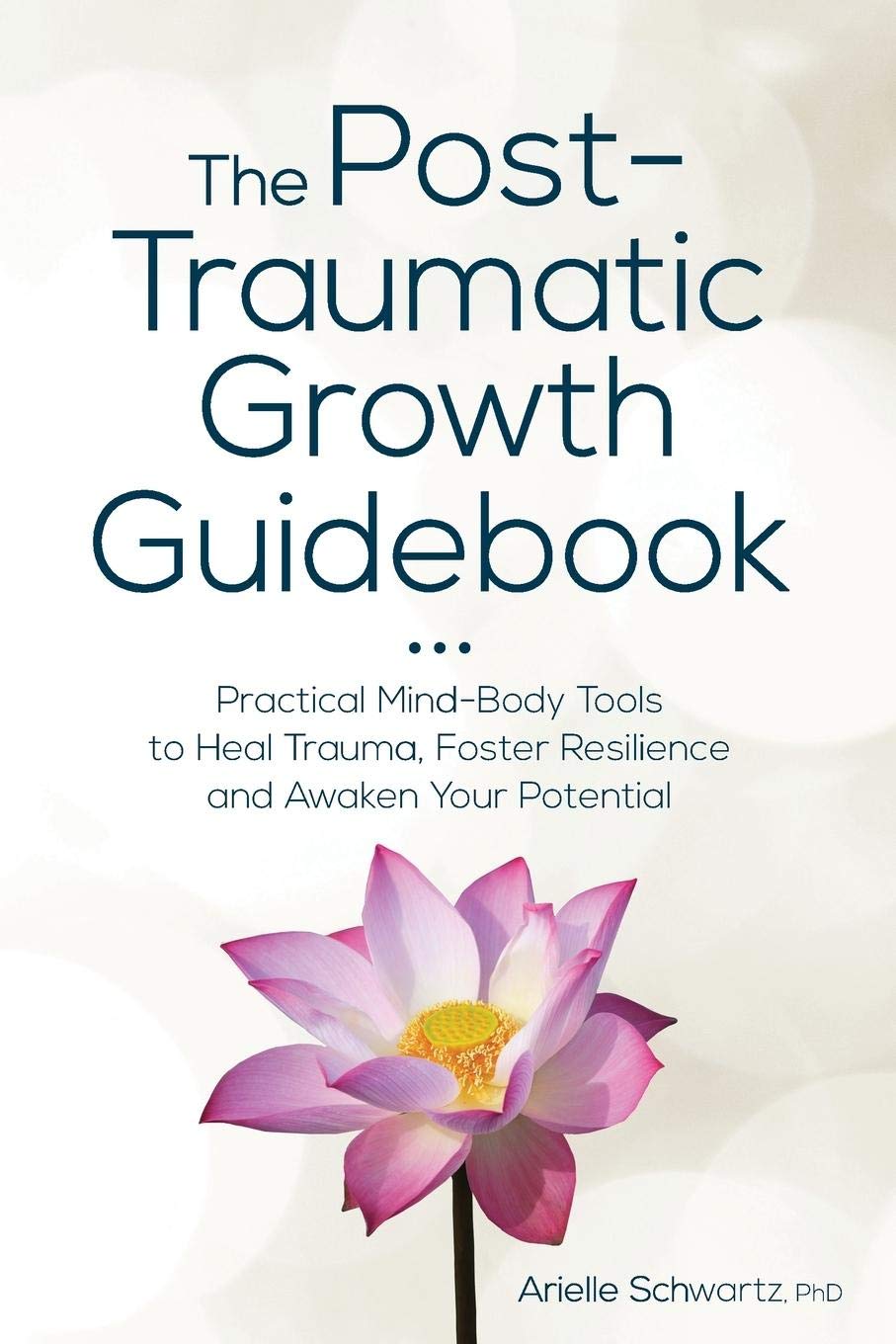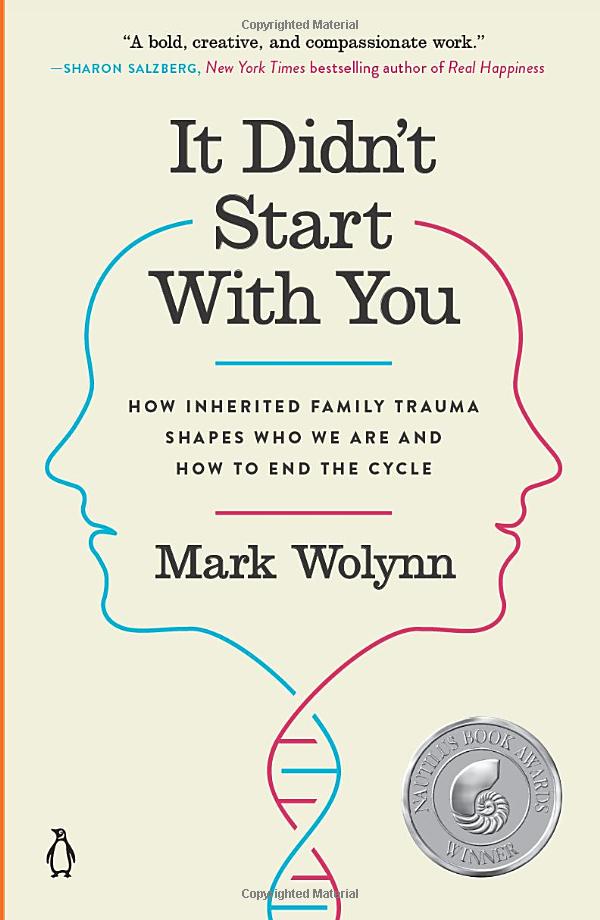Children simply do not have the emotional filters that we have as adults, thus childhood stressors and traumatic events may leave far deeper psychological imprints in their minds. These imprints are stored in the format of feelings of the event, either being good or bad. Over time the exact record of the events may completely fade or distort, but the emotional feelings associated with the event may stay resident over their lifetime.
These residual feelings and memories are triggered into action when certain types of “threatening” events reoccur in later life.
Under stress, a child’s nervous system adapts and develops in many different ways. The prominent developments happen in the sympathetic nervous system which instinctively prepares and activates the body to respond to “threatening” situations.
This nervous system is responsible for the activation of survival responses also know as “fight, flight or freeze” responses or “hyperarousal” or “acute stress” and instinctively triggers under a direct threat or perceived danger. What is important to mention here is that these are to a large part automatic responses that supersede logical or cognitive thought.
The mind simply marks the happening as safe or not safe and defaults to it’s learned behaviour from subconscious memory.
Children are often unable to “fight off” or “run away from” physical or emotional “attacks” thus their coping strategies are often directed toward internalising many of their automatic nervous/emotional responses. The resulting behaviours of this internalisation frequently include or develop into abnormal rebellion, attention-seeking or dissociative behaviours, sleep issues, appetite, irritability, anger, and concentration issues.
This internalisation leads to overdevelopment of certain areas in their brain and nervous system that adversely affect their ability to emotionally regulate a range of situations “normally” in later life. The overdeveloped nervous system responses start to trigger the sequences of defensive reactions that can happen even in situations that only “remind” the mind of previous dangers and does not have to be under a direct threat.
Between the ages of 0 to 17 is a time where children need to establish a sense of safety, stability and emotional resilience. This can only be instilled by a caregiver’s active participation through nurture, affirmation, validation, care, support, empathy, love and acknowledgement in the child’s upbringing.
The key parent inputs for emotional growth in children can’t avoid or shelter them from all traumatic events but then these events occur the parent’s role is to mediate, support, explain and navigate children by identifying their emotional states in response to emotional events. Parents provide an honest and safe platform for children to express and assess their emotional responses and needs so that they can learn to mediate them appropriately.
Parental guidance instils and enables children the ability to form their own internal “self-talk” conversations that provide them with fundamental tools to reregulate and the resilience to handle stressful or traumatic events in their future life as adults.
In households with substance use disorders, mental health issues, poverty or a direct instability such as parental divorce, incarceration, bullying, abuse, discrimination e.t.c. Trauma becomes a significant factor when there is a lack of a caregiver’s support and guidance, or misdirected support does not settle and mediate their emotionally traumatic experiences.
This “lack” or missing support structure can have disastrous impacts on their future mental health later as an adult. Instead of growing up with a sense of safety in terms of internal positive “self-talk” they basically have a gap.
The adult versions of repeated behaviour patterns can play out in the polar opposite of their parents’ behaviours or directly model very similar behaviour patterns.
Signs of trauma in later adult life can include a constant sense of unease, something missing or not fitting into certain situations, being overwhelmed by life’s demands or exhibiting an ongoing need to constantly be active or distracted or drawn to “creating chaos” or “work” or “tasks”, the feeling of being trapped or not being able to move forward is also quite common, vehemently justified or even in constant states of rescuing others.
These underlying emotional distortions are deemed complex as they tend to feature in relationships with other people that have their own dysfunctional blends of behaviours.
Our minds are designed to inherit “fears”.
Usually, these fears have a basis like spiders, sharks or snakes that can potentially be harmful. However we often don’t have any direct reason to be afraid of these things and we have simply inherited the fear, based on what we have learned through our parents or society.
Trauma goes by many names.
Commonly used terms for behaviour cycles like this are “ACES”, “Adverse Childhood Experiences”, “C-PTSD”, “Complex Trauma” or just “Trauma”.
Unmanaged childhood experiences can contribute to many adverse circumstances that are seemingly unrelated but can influence many risky behaviours, chronic health conditions, and lowered life expectancy in adult life.
The nervous system under stress produces hormones like cortisol and adrenaline. Overproduction of these hormones can cause a number of detrimental side effects to both physical and mental health as the nervous system was never designed to constantly be under stress.
The blame game
It is very difficult to apportion or direct blame for trauma on our parents as in many cases the trauma experienced may have nothing to do with parents at all. Schoolyard bullying is just one classic example of common childhood trauma that has very little to do with parenting.
In cases where parenting is to “blame” we have to understand that parents themselves are very often the victims of their own childhood trauma and that their reactions in certain situations are a result. They hardly ever set out to traumatise their own children, or even understand why or how they may traumatise them.
We can’t actually do anything about the past but we can acknowledge it and use it to fine-tune a better future. Forgiveness begins by understanding that in most cases we were all simply doing the best we knew how at the time. This is true of ourselves as it is in our society today.
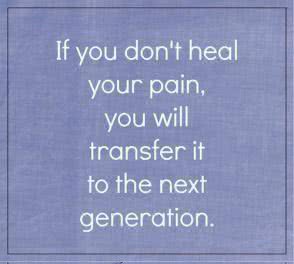 Blame and vengeance simply do not change or solve anything as they simply hit the trauma replay button and we are stuck in the same state.
Blame and vengeance simply do not change or solve anything as they simply hit the trauma replay button and we are stuck in the same state.
The path to trauma resolution is about examining and acknowledging the origin and environment of our triggers. Then using techniques, strategies and tools we can then re-learn to mediate and re-parent ourselves as we engage with new triggering events and the world.
We know now that trauma-based responses disrupt the normal management of our emotions and thus it is our emotions where we need them.
In childhood, we are most susceptible to the influence of trauma, however, in adulthood events or sequences of events that have nothing to do with our childhood can still be considered as traumatic.
Everyday life situations happen so quickly that we often find ourselves in circumstances that require instant reactive responses. It is in those situations that we can learn to stop the cycle.
About Us
Recovery Direct is a rehab centre (Johannesburg) that works with a broad range of trauma-indicated issues including depression, anxiety, alcohol and drug addictions as well as behaviour related problems. Our centre provides an exclusive focus on personal recovery and care and all therapeutic care is managed by a team of professional counsellors in Johannesburg and via online therapy and learning materials for psychological evidence-based recovery.

